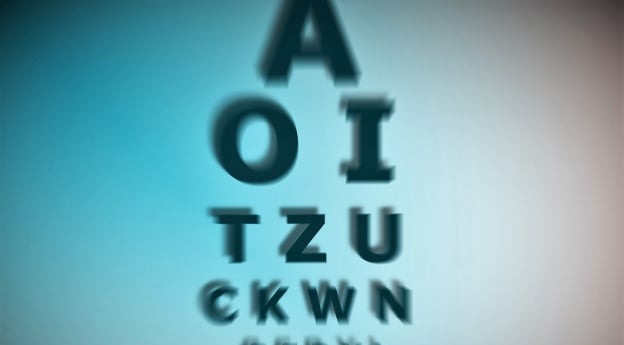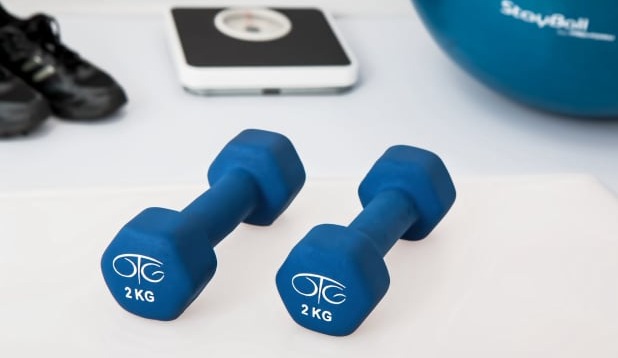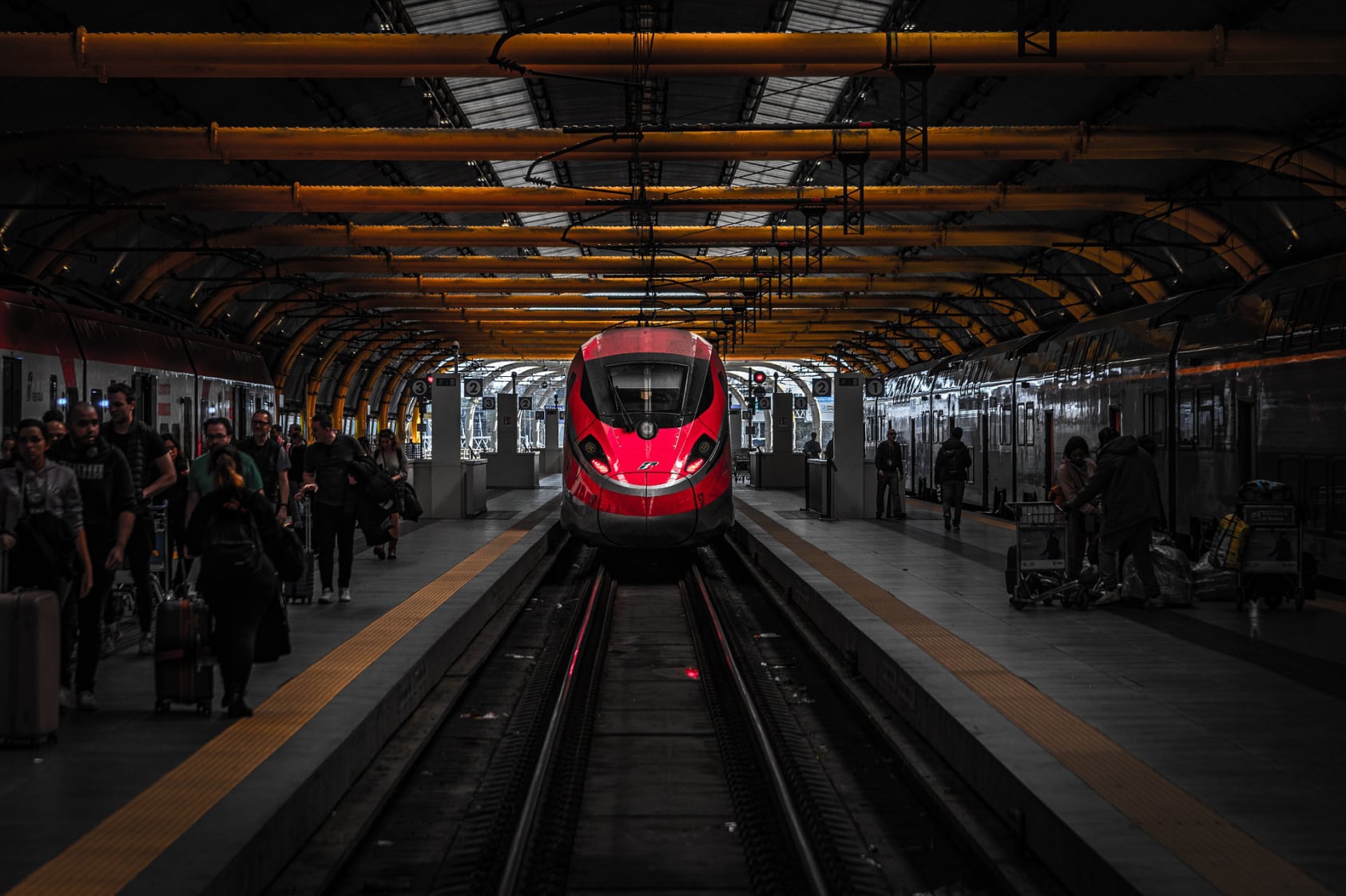Book now! Fast turnaround.
| Component/Test | Category 1 Safety Critical – High Risk | Category 2 Safety Critical – Low Risk | Category 3 Non-Safety Critical) |
|---|---|---|---|
| Medical History & Physical Exam | Yes – comprehensive | Yes – comprehensive | Basic health questionnaire |
| Vision (Acuity, Fields, Colour) | Full assessment | Full assessment | Basic screen (may be self-reported) |
| Hearing (Audiometry) | Full audiometry | Full audiometry | Basic check (whisper test) |
| Cardiovascular – Resting ECG | Mandatory | Not routinely – only if indicated | Not required |
| Cardiovascular – Stress ECG | If indicated (risk factors, abnormal ECG) | If indicated | Not required |
| Diabetes Screening | Fasting BGL or HbA1c | Fasting BGL or HbA1c | Not required |
| Fasting Lipids / Blood Tests | Required | Required if indicated by history | Not required |
| Urine Drug Screen (Lab) | Mandatory | Mandatory | Mandatory (initial only) |
| Alcohol Breath Test | Mandatory | Mandatory | Mandatory (initial only) |
| Sleep Apnoea Screening | STOP-BANG or equivalent | STOP-BANG if risk factors | Not required |
| Mental Health / Cognitive Screen | Comprehensive | Comprehensive | Not required |
| Specialist Referrals | As indicated (cardiology, psych, etc.) | As indicated | Rarely required |
| Frequency | 5-yearly to age 50; 2-yearly to 60; annually 60+ | 5-yearly to age 50; 2-yearly 50+ | One-off at start unless health triggers re-assessment |
At Persona Health, we understand the critical importance of safety and compliance in the rail industry. Our Rail Medicals are designed to meet the specific health standards required for rail safety workers, ensuring they are fit to perform their duties effectively and safely.
What Are Rail Medicals?
Rail Medicals are comprehensive health assessments specifically tailored for individuals working in the rail industry. These medicals assess the physical and mental fitness of rail safety workers, helping to prevent accidents and ensure that all personnel can safely carry out their roles.
Who Needs a Rail Medical?
Anyone working in roles classified as Rail Safety Workers under the National Standard for Health Assessment of Rail Safety Workers in Australia is required to undergo a Rail Medical. This includes roles such as train drivers, maintenance workers, and other safety-critical positions.
Why Choose Persona Health?
With clinics conveniently located in Parramatta, Rosebery, and Gregory Hills, Persona Health offers flexible scheduling and comprehensive assessments conducted by experienced occupational health professionals. Our team is fully accredited to provide these critical evaluations, and we ensure that all our procedures adhere to the highest standards of privacy and confidentiality.
Book Your Rail Medical Today
Ensure your team is compliant and fit for duty with Persona Health's Rail Medicals. Contact us today to schedule an appointment or to learn more about our services.
At Persona Health, we prioritise your health and safety, providing comprehensive Cat 1, Cat 2 and Cat 3 rail medical examinations to help you work confidently and safely.
Contact us today to schedule your rail medical in Sydney.
You can book and pay for your CAT 3 Rail Medical in Sydney.
Take your medical at a clinic in Parramatta, Alexandria or Gregory Hills.
CAT 3 Medical with Laboratory Drug and Alcohol Screening just $319 inc GST.
All major credit cards accepted.

Our medicals take approximately 30-60 minutes to complete in one of our clinics.
A rail medical assessment is conducted to ensure that rail safety workers are physically and mentally fit to perform their duties safely. The medical typically includes the following components:

The worker's medical history is assessed, including any previous illnesses, surgeries, medications, and family medical history. This helps to identify any conditions that might impact their ability to work safely.

This includes checking vital signs such as blood pressure, heart rate, and respiratory rate. A general physical examination is performed to assess overall health.

These are crucial for safety-critical roles. Vision tests may include checking for visual acuity, color vision, and depth perception. Hearing tests assess the worker's ability to hear instructions and warnings.

A functional assessment might be conducted to ensure the worker can perform their duties without risk to themselves or others. This may include tests of strength, flexibility, and cardiovascular fitness.

These tests can detect medical conditions such as diabetes, infections, or other health issues. Drug and alcohol screening ensures the worker is not under the influence of substances that could impair their ability to work safely.

The worker's mental health may be evaluated to ensure they are not experiencing conditions such as severe anxiety or depression, which could affect their ability to perform their duties safely.
Book now! Fast turnaround.

High-Level Safety Critical Workers
Scope: This category covers roles where sudden incapacity could lead to a significant safety risk, not only to the worker but also to the public and co-workers.
Examples: Train drivers, guards, and controllers.
Assessments: Comprehensive medical evaluation including vision, hearing, cardiovascular, respiratory, and musculoskeletal assessments, as well as a thorough examination of neurological and psychological health. Drug and alcohol testing is also included.

Safety Critical Workers
Scope: For workers who are not directly responsible for the control of trains but whose health status could indirectly affect safety.
Examples: Track workers, signal maintainers, and other roles that do not control trains but are involved in operations that could impact safety.
Assessments: Includes most of the tests from Category 1 but typically does not require the same depth of psychological or neurological evaluation. However, vision, hearing, and general health checks remain critical components.

Non-Safety Critical Workers
Scope: These are positions where sudden incapacity or collapse is unlikely to affect the safety of the public or the rail network.
Examples: Administrative staff, cleaners, and other non-operational roles.
Assessments: Focuses on the ability of the worker to move safely in a rail environment, which includes good hearing and eyesight, but does not require the extensive testing of Categories 1 and 2. Basic health checks are usually sufficient.
| Component/Test | Category 1 Safety Critical – High Risk | Category 2 Safety Critical – Low Risk | Category 3 Non-Safety Critical) |
|---|---|---|---|
| Medical History & Physical Exam | Yes – comprehensive | Yes – comprehensive | Basic health questionnaire |
| Vision (Acuity, Fields, Colour) | Full assessment | Full assessment | Basic screen (may be self-reported) |
| Hearing (Audiometry) | Full audiometry | Full audiometry | Basic check (whisper test) |
| Cardiovascular – Resting ECG | Mandatory | Not routinely – only if indicated | Not required |
| Cardiovascular – Stress ECG | If indicated (risk factors, abnormal ECG) | If indicated | Not required |
| Diabetes Screening | Fasting BGL or HbA1c | Fasting BGL or HbA1c | Not required |
| Fasting Lipids / Blood Tests | Required | Required if indicated by history | Not required |
| Urine Drug Screen (Lab) | Mandatory | Mandatory | Mandatory (initial only) |
| Alcohol Breath Test | Mandatory | Mandatory | Mandatory (initial only) |
| Sleep Apnoea Screening | STOP-BANG or equivalent | STOP-BANG if risk factors | Not required |
| Mental Health / Cognitive Screen | Comprehensive | Comprehensive | Not required |
| Specialist Referrals | As indicated (cardiology, psych, etc.) | As indicated | Rarely required |
| Frequency | 5-yearly to age 50; 2-yearly to 60; annually 60+ | 5-yearly to age 50; 2-yearly 50+ | One-off at start unless health triggers re-assessment |